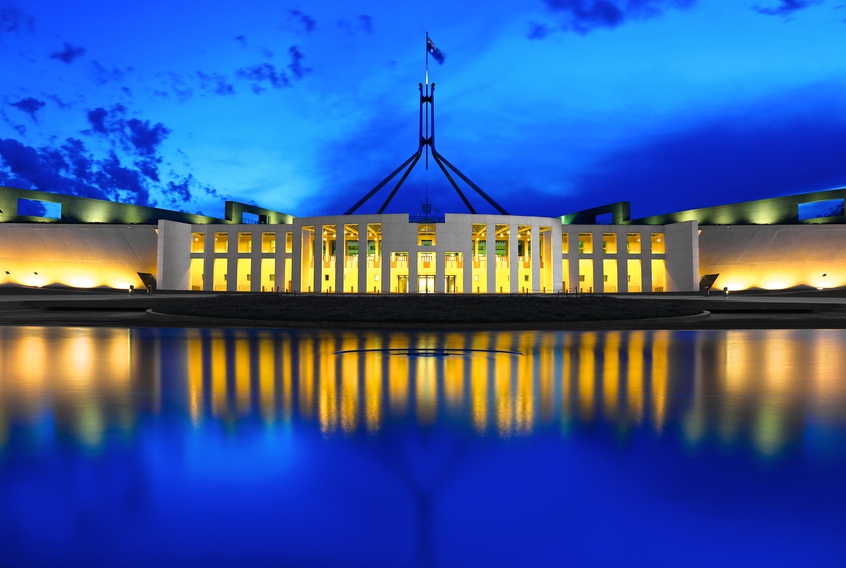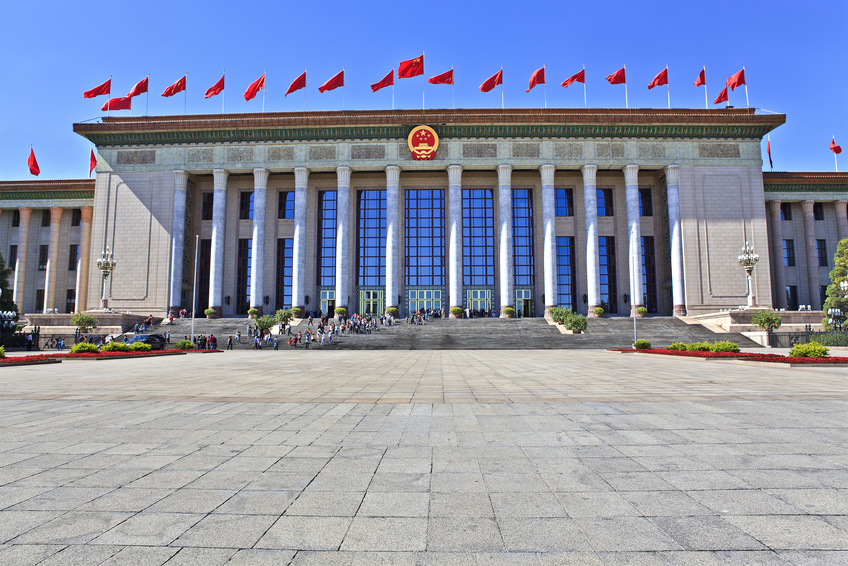In brief
On 12 March 2024, the Cabinet approved in principle the draft Alcoholic Beverage Control Act (No..), B.E. …. (“New Alcoholic Beverage Bill“) as proposed by the Ministry of Public Health. The New Alcoholic Beverage Bill has now been forwarded to the Office of the Council of State for further consideration.
In more detail
Some of the key amendments in the New Alcoholic Beverage Bill include the following:
- The relevant officials’ duty and authority
The New Alcoholic Beverage Bill reorganizes the structure and expands the duties and authorities of the competent officials in charge of the control of alcoholic beverages.
- New legal obligations for establishments that sell alcoholic beverages
The New Alcoholic Beverage Bill provides a restriction on the time period for consumers to consume alcoholic beverages in establishments that sell them, such as restaurants or nightclubs. It also provides certain legal obligations for the owner of those establishments to inform the consumers about that time period. Criminal liabilities are also imposed on business operators who fail to comply.
- The end of advertisements?
The New Alcoholic Beverage Bill replaces the current regulations on the advertisement of alcoholic beverages with stricter provisions, including:
- The complete prohibition of any kind of alcoholic beverage advertisements, with limited room for so-called public relations activities by the manufacturers or importers, which must be in the manner that “provides socially constructive information and knowledge”.
- The prohibition of disguised alcoholic beverage advertisements, meaning the advertisement of other products through the use or the adaptation of the name, mark or symbol of an alcoholic beverage in the manner that could be perceived as an alcoholic beverage advertisement. This may affect the advertisement of drinking water, soda water or non-alcoholic beverages.
- The prohibition of sponsorships that may promote alcoholic beverages, adversely affect the alcoholic beverage control policies, advertise alcoholic beverages (or perceive to do so), or promote the consumption of alcoholic beverages.
The New Alcoholic Beverage Bill also increases the penalties for manufacturers or importers of alcoholic beverages who violate the advertisement prohibitions.
- Rehabilitation measures for alcoholism and people with alcohol problems
The New Alcoholic Beverage Bill introduces an additional category for individuals who suffer from alcohol use disorder, labeling them as a “Person who has Problems Caused by Alcoholic Beverages,” and adds an additional chapter regarding rehabilitation for these individuals.
Although there may be further amendments to this New Alcoholic Beverage Bill before it is enacted, business operators should keep an eye on its progress since it could have a direct impact on their legal liabilities.
Our team at Baker McKenzie will continue to monitor this issue closely and provide updates on any significant developments. For more information about the New Alcoholic Beverage Bill, please contact our team.







